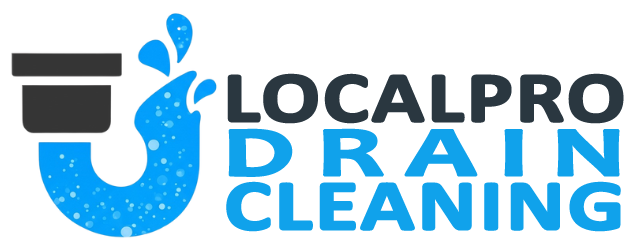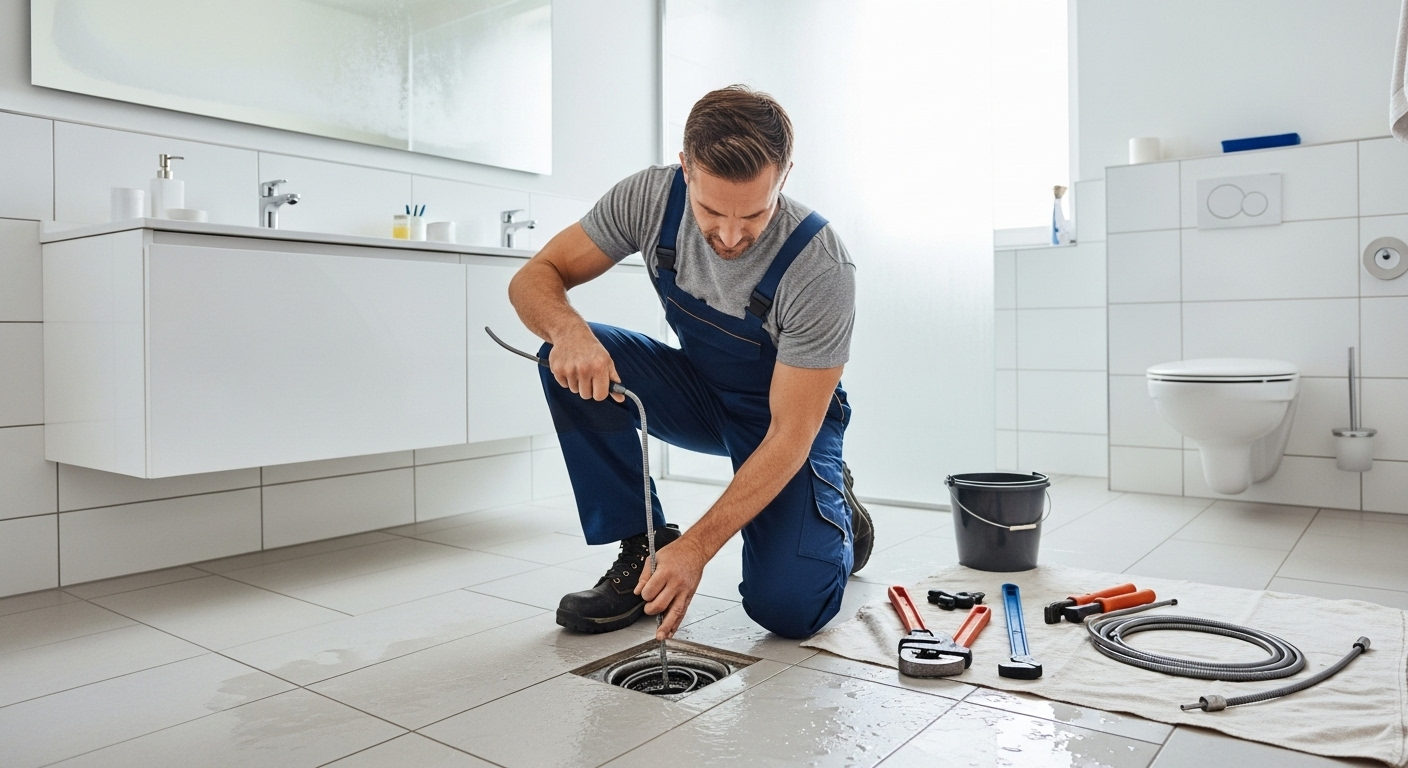There’s nothing quite as frustrating as a clogged drain. One moment, everything’s fine and the next, your sink won’t drain, your shower is filling up around your ankles, or your toilet’s gurgling like a swamp monster. Clogged drains are more than just an inconvenience – they can lead to expensive repairs, unpleasant odors, and even water damage if left unchecked.
The good news? Most clogged drains don’t happen randomly. In fact, the causes are often the same across most households, which means they’re also preventable. Below, we’ll explore the top causes of clogged drains and more importantly how you can avoid them.
Grease and Cooking Oils
One of the most common causes of kitchen drain clogs is pouring grease down the sink. While it may seem harmless when it’s hot and liquid, grease solidifies as it cools – coating the inside of your pipes like sticky glue. Over time, this buildup traps food particles and debris, eventually causing a blockage.
How to Avoid It:
- Never pour grease, oil, or fat down the drain.
- Instead, pour it into a heat-resistant container (like a can or jar), let it solidify, and toss it in the trash.
- Wipe greasy pans with a paper towel before washing them.
Hair Buildup
In the bathroom, hair is a major enemy of smooth-draining pipes especially in showers, tubs, and bathroom sinks. Hair tends to bind with soap scum and other debris, creating thick, rope-like clogs that are hard to remove.
How to Avoid It:
- Use a drain cover or hair catcher in the shower and clean it regularly.
- Brush your hair before you shower to minimize loose strands.
- Flush drains monthly with hot water and a mixture of baking soda and vinegar to break down residue.
Soap Scum
It may seem innocent, but soap residue (also known as soap scum) can gradually coat the inside of your pipes. This is especially true if your water is hard, which causes soap to react with minerals and form a thick, chalky substance.
How to Avoid It:
- Switch to liquid soap or body wash, which tends to leave less residue.
- Install a water softener if you live in a hard water area.
- Regularly flush drains with hot water or a natural cleaner to dissolve buildup.
Food Waste
Garbage disposals are useful, but they’re not garbage cans. Certain food scraps especially fibrous vegetables, pasta, rice, eggshells, and coffee grounds can cause clogs or damage your disposal over time.
How to Avoid It:
- Scrape plates into the trash or compost bin before rinsing.
- Only put small, soft scraps down the disposal.
- Run cold water during and after using the disposal to help flush debris through.
Foreign Objects
This one’s surprisingly common, especially in homes with children. Small toys, jewelry, bottle caps, or even too much toilet paper can accidentally (or curiously) end up down the drain. In toilets, flushing wipes, cotton balls, sanitary products, or paper towels can easily clog the system.
How to Avoid It:
- Keep bathroom trash bins handy for non-flushable items.
- Educate kids on what does and doesn’t go down the toilet.
- Install child-proof drain covers or toilet locks if needed.
Tree Roots
This might sound dramatic, but it’s a serious issue especially in older homes. Tree roots are naturally drawn to moisture, and tiny cracks or loose joints in underground pipes are an invitation for them to creep in. Over time, they can grow into the pipe and completely block it, or even cause it to collapse.
How to Avoid It:
- Watch for signs like frequent backups, slow drains, or gurgling sounds.
- Avoid planting trees near your sewer lines or consult a landscaper for safe tree placement.
- Schedule regular camera inspections if you have older plumbing or large trees near your home.
Mineral Buildup (Hard Water)
If you have hard water, minerals like calcium and magnesium can accumulate inside your pipes. Over time, this narrows the flow of water and can cause slow drains or complete blockages.
How to Avoid It:
- Install a water softener to treat hard water at the source.
- Clean your faucets, showerheads, and drains regularly to prevent buildup.
- Use descaling solutions if you notice signs of mineral residue.
Toilet Paper Overload
While toilet paper is designed to dissolve in water, using too much of it at once especially thick or multi-ply paper can cause clogs. This is especially problematic in older plumbing systems or low-flow toilets.
How to Avoid It:
- Use only as much toilet paper as needed.
- Flush in stages if necessary (flush once, then use more).
- Consider switching to septic-safe or single-ply toilet paper for easier breakdown.
Small Objects in the Sink
People often rinse small bits of debris down the sink without thinking. From dental floss and food labels to sponge pieces or loose plastic, these items can get trapped in your drain and catch other waste, leading to a blockage.
How to Avoid It:
- Always check your sink before running the water.
- Use a drain screen to catch debris.
- Be mindful of what you’re rinsing away – when in doubt, throw it out.
Lack of Regular Maintenance
Finally, one of the biggest causes of clogs is simply neglect. Over time, even minor buildup can turn into a major blockage if your drains aren’t cleaned regularly.
How to Avoid It:
- Perform monthly maintenance using natural cleaners like baking soda and vinegar.
- Avoid harsh chemical cleaners, which can damage pipes over time.
- Schedule annual professional drain cleanings or inspections especially in older homes.
Clogged drains are a pain, but the good news is that most of them are entirely preventable. With a little awareness and a few easy habits, you can avoid the most common culprits and keep your plumbing flowing freely.
From using drain screens and disposing of grease properly to keeping an eye on your toilet habits and watching for root intrusion, prevention is key. And when in doubt? Call a professional plumber before that small problem turns into a major mess.

